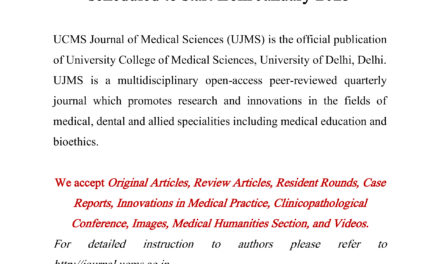December 10, 2024 – A groundbreaking study has raised alarm about the impact of ultra-processed foods (UPFs) on biological aging, revealing that regular consumption of these foods could make us age faster than we should.
The research, conducted by Monash University, examined the health and diet of over 16,000 participants from the United States aged 20-79. The study, published in Age and Ageing, focused on the concept of biological age, a measure of how old a person appears at the molecular level, compared to their chronological age.
Biological age is assessed through epigenetic clocks, which measure DNA modifications that reflect lifestyle factors. Researchers used the PhenoAge clock, a method that accounts for environmental and lifestyle influences such as smoking and diet.
The findings suggest that ultra-processed foods – which include items like chips, sodas, ready-to-eat meals, and energy bars – are accelerating the biological aging process. According to the study, for every 10% increase in the intake of UPFs, a person’s biological age advanced by about 2.4 months. The results showed that individuals in the highest quintile of UPF consumption (representing 68-100% of their total energy intake) were biologically 0.86 years older than those consuming the lowest amounts.
Dr. Barbara Cardoso, the lead researcher and a senior lecturer at Monash University’s Department of Nutrition, Dietetics, and Food, emphasized the significant implications of these findings. “For every 10% increase in energy intake from ultra-processed foods, the risk of mortality rises by nearly 2%, and the risk of chronic disease by 0.5% over two years,” she said.
Dr. Cardoso warned that even small amounts of UPFs, such as an 80-gram serving of chicken nuggets or a small chocolate bar, could accelerate biological aging by more than two months.
The study’s results add to a growing body of evidence linking ultra-processed foods to various age-related health issues, including cognitive decline, frailty, and shorter telomeres, a hallmark of cellular aging.
The Mechanisms Behind Aging Acceleration
There are several ways in which UPFs may promote faster aging. These foods are often nutrient-poor, lacking essential vitamins, minerals, and antioxidants that help maintain cellular health. Additionally, chemical additives and preservatives commonly found in UPFs can contribute to inflammation and metabolic disruptions, while exposure to harmful chemicals from food packaging, such as bisphenol A (BPA), has been linked to accelerated aging.
Global Implications for Health
While the study focused on US adults, the findings are relevant worldwide. In Australia, for example, ultra-processed foods account for nearly 40% of adults’ total energy intake. Dr. Cardoso stressed that as the global population continues to age, understanding the effects of ultra-processed foods is critical in promoting healthy aging.
“Reducing UPFs in the diet may slow the biological aging process, offering another reason for public health campaigns to address the widespread consumption of ultra-processed foods,” she said.
Practical Steps to Combat Aging
To help counteract the aging effects of ultra-processed foods, the study suggests several practical steps individuals can take:
- Embrace Whole Foods: Prioritize fresh fruits, vegetables, whole grains, and nuts in your diet.
- Read Food Labels: Be mindful of products with long lists of ingredients or unfamiliar additives.
- Cook at Home: Preparing meals from scratch allows you to control the quality and composition of your food.
- Limit Convenience Foods: Opt for healthier, less processed alternatives to ready-made meals and snacks.
The study, which used data from the US National Health and Nutrition Examination Survey (NHANES) from 2003 to 2010, further solidifies the need for dietary strategies to promote longevity and healthier aging.
For More Information:
Cardoso, B., et al. “Association between ultra-processed food intake and biological aging in US adults: findings from National Health and Nutrition Examination Survey NHANES 2003-2010.” Age and Ageing (2024). DOI: 10.1093/ageing/afae268.












